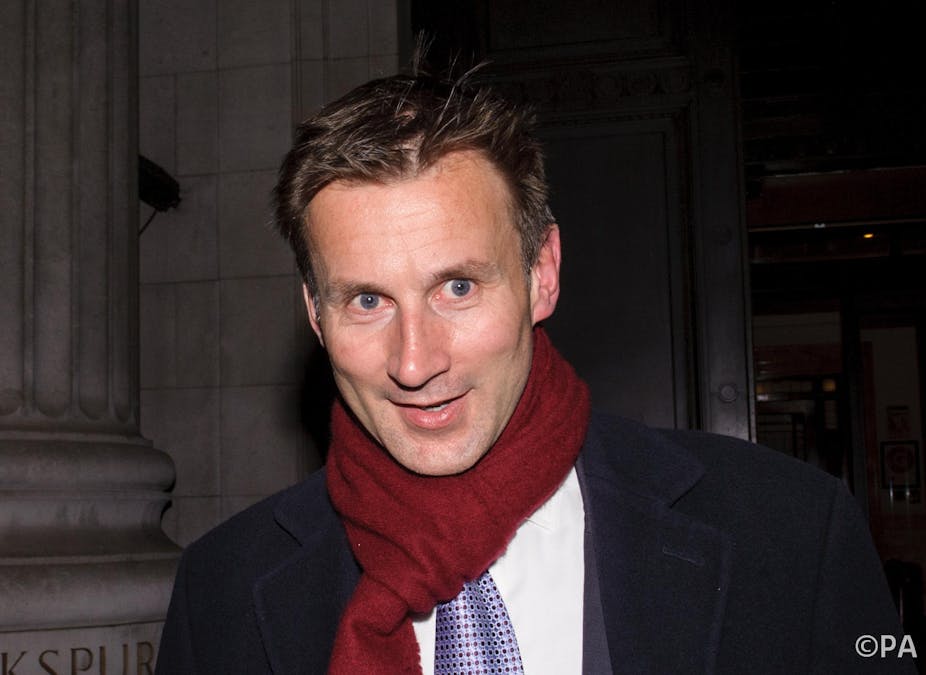After News Corp’s failed bid to purchase 100% of BSkyB in 2011 the question of who makes the decisions about media ownership – and how we can ensure there remains a strong and vibrant plurality of competing voices in the media landscape – called for an urgent answer. So it is good to see the long-awaited report on media plurality from the House of Lords communications committee.
There are two ways of looking at this report. The less charitable view is that it has ducked the crucial issue of how parliament should lay down clear guidelines to prevent undue concentrations of media power. In doing so, the report leaves a hole in the central plank of its proposals for reform. It also breaches the very specific advice given in evidence by Chris Goodall, a former Competition Commissioner now working with Enders Analysis: “Whatever you decide to propose, I hope you leave no discretion to anybody.”
The fairer view is that the report has provided the basis for a long-overdue upheaval of Britain’s plurality framework, declaring the need, in a democratic society, for a dedicated policy. An important passage clearly explains why ownership issue cannot be left to the market or to competition policy: “We believe that determining clear demarcation lines between plurality and competition policy is crucial.”
The meat of this report lies in its suggestion to establish a statutory periodic review of plurality by Ofcom every four to five years, and retain the “transactional” review to be triggered by specific merger or acquisition activity, for example a bid for BSkyB.
The key recommendation is about who makes the final decisions. For periodic reviews this would rest with the secretary of state (based on advice from Ofcom). Where it finds “immediate and pressing concerns resulting from organic change” the report even allows for Ofcom to order divestment – although it warns the bar should be high and would be subject to offers of mitigation, and the decision of a cabinet minister.
For transactional reviews, however, the final decision would rest with Ofcom. This is the most radical part of the report, including recommendations for “a new statutory responsibility for the assessment of a transaction’s impact on plurality”. While the competition authorities would still have a role in assessing the competition aspects of a transaction, it would ultimately be left to the Ofcom board to reach a “public interest decision”.
Importantly, politicians will play no part in transactional reviews. The committee, which was clearly influenced by the evidence of Jeremy Hunt to Leveson, who said, “it is impossible for the secretary of state to [make that decision] without the appearance of being influenced by political motives”.
Small loopholes for big players
But these recommendations are undermined by the degree of discretion left to Ofcom which, the report argues, should have flexibility “to interpret statutory guidance, design the assessment framework and select appropriate metrics according to the circumstances at the time of the review”.
Although the report is not specific about the guiding framework for periodic reviews, it is essentially based around ensuring a sufficient diversity of views and preventing too much editorial influence. For transactions, it follows the same guiding principles and concludes that negative decisions should be based on the likelihood of a “material and unacceptable lessening of plurality”.
While parliament’s role in providing a clear framework is essential, the discretion left to Ofcom leaves it wide open to accusations of selective and subjective approaches. The biggest media companies are notoriously litigious; it is difficult to see either kind of review – if it results in recommendations for divestment or prevention of a transaction – avoiding lengthy legal challenges and judicial reviews.
Perhaps that is the nature of the plurality beast – and no set of proposals was ever going to fulfil what is by definition a difficult and contested policy aim. But while I sympathise with the sentiment that “a concept as complex as plurality can [not] legitimately be reduced down to one (measure)”, I worry that a 21st Century Fox bid for Sky or a Google bid for ITV or an Associated Newspapers bid for The Independent would all receive an eventual green light, whatever creative combination of metrics might be cooked up by Ofcom.
Nothing for start-ups
One further aspect of the report is disappointing. Although it mentions in passing the importance of new initiatives and interventions to stimulate media enterprises, particularly at the local level, little attention is paid to how new enterprises might be stimulated or what role government might play.
Apart from reiterating the charitable funding idea raised in a previous report, there is a missed opportunity to call for new approaches along the lines of existing small grants to community radio, or allowing hyperlocal sites to share revenue from statutory notices. These, plus other ideas for generating revenue to help boost new local media, could have been included as complementary initiatives to the reformed regime for plurality reviews.
Overall, however, we should certainly welcome a report which puts the citizen and Ofcom firmly at the centre of a new plurality regime.
This is an edited and updated version of posts on the University of Westminster’s media plurality website and the LSE’s media policy project.

